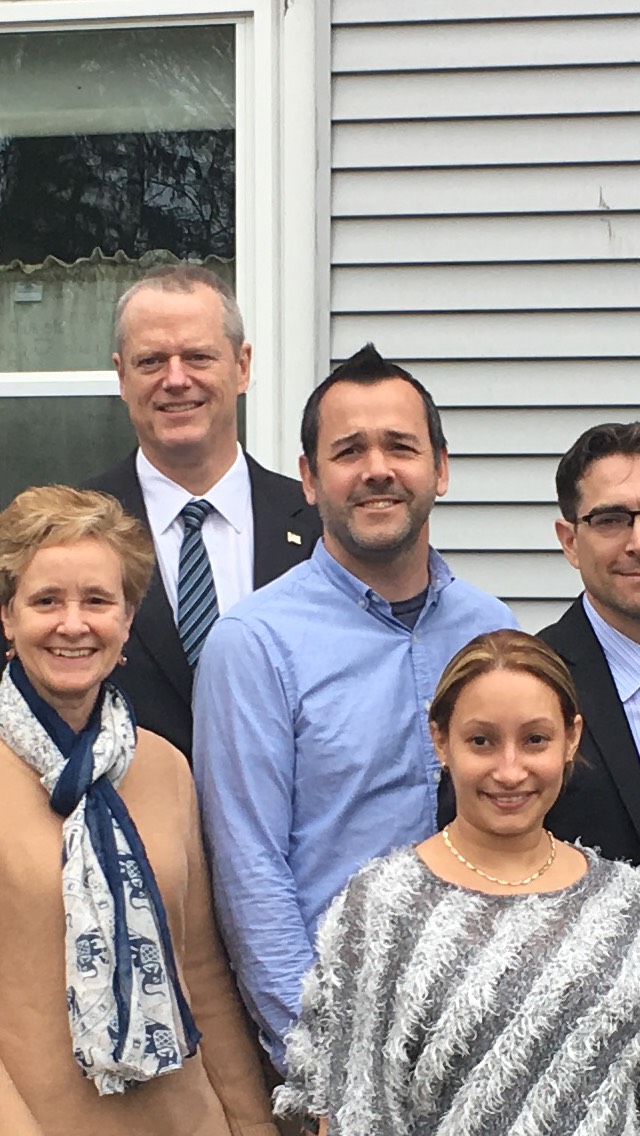Dear Editor:
The current debate over whether to raise the caps on solar energy production in Massachusetts threatens to stifle one of the most important new industries in Massachusetts and present opportunities for other states to strip away our jobs and industry. Despite our size, we have the fourth most solar produced in the country, and the second largest solar workforce. This new industry employs 9,400 people, and is crucial for reducing our carbon footprint in New England, as we work to halt climate change. The explosion in solar growth in Massachusetts is transforming our power grid, and creating new opportunities for participants to purchase clean energy from off-site panels, or put panels on their roof, and to reduce their own utility bills. This is especially crucial for low-income people, such as seniors, who faced an unprecedented spike in energy costs this past winter, forcing them to chose between heat, electric, and groceries at times. Solar power, and its expansion is one method to allow an end-run around these rate increases, and to continue to grow the solar industry and continue to make Massachusetts a national leader on energy issues.
Here in greater Worcester, the solar caps threaten our efforts at recovery from the last recession. A group of shelters and non-profits, the Worcester Green Low-Income Housing Coalition, have been working for years to build energy efficiency and solar power into our buildings as a way to mitigate the winter energy spikes that are especially draining for large, older buildings that often house our most vulnerable. We have the second oldest housing stock in the nation. Solar power is especially effective in addressing this, as the accompanying array of private finance, state credits, and groundbreaking energy structures allow for shelters and housing non-profits to tap into the energy revolution and reduce the spiraling energy costs that eat into operating costs each winter. Specifically, our coalition has tracked the solar production at three sites for the last year through utility-use tracking software, and has found that the reduction on cost at each site has reduced electric use by 50%, and the solar credits are an additional 25%, thus alleviating the low-income housing provider of a significant amount of their energy costs. With a recent study showing carbon emissions nationally growing mostly from increased electric use, solar is proving through empirical data to not only lower costs, but also lower carbon emissions.
Unfortunately, the uncertainty around whether or not we will be able to continue to build solar, especially large arrays, threatens to undermine our progress. With one study showing a potential decrease in the solar industry in Massachusetts in the next year, we are essentially giving away our jobs and industry to other states who are also trying to build the manufacturing, research, and installation hubs we have in Massachusetts. Not only is the uncertainty threatening the solar industry, but it also could serve, ultimately, to thrust low-income homeowners, shelters, and others backwards as costs of energy spiral upwards. The solar caps need to be raised, and we need to welcome solar power with open arms in Massachusetts as a positive tool for lowering utility costs, creating new jobs, saving our environment, helping seniors, and providing a hedge against price fluctuation.
The current stalemate around solar caps is preventing those who need it most from finding relief on their utility bills. Is holding out for a long-term solar policy–worth the cost of blocking projects that serve renters, low-income housing, and municipalities? Others are taking action to craft a long-term vision, for example, one policy framework by the Acadia Center has earned the endorsement of over 50 community, labor and environmental groups. The long-term debate aside, we need to act now to remove barriers to solar and help Massachusetts thrive.
Dave McMahon
http://www.telegram.com/article/20150626/OPINION/150629390/101413



